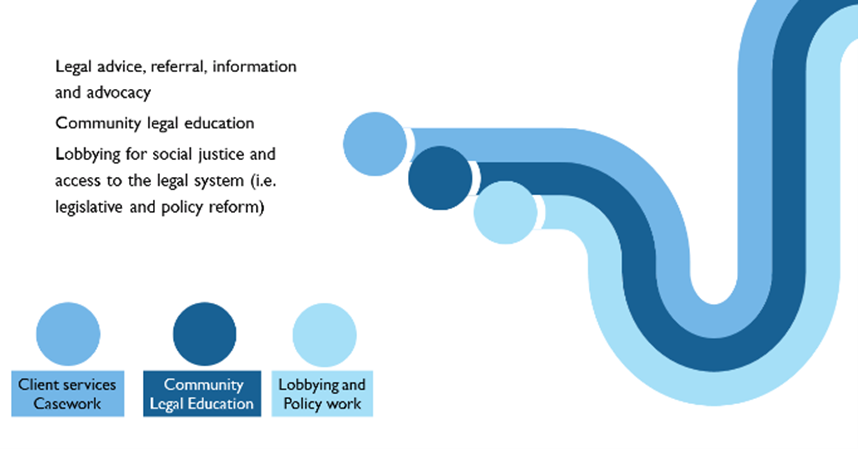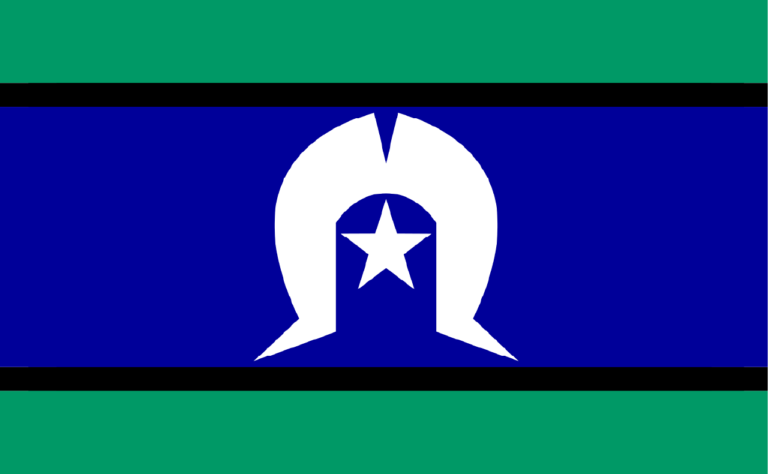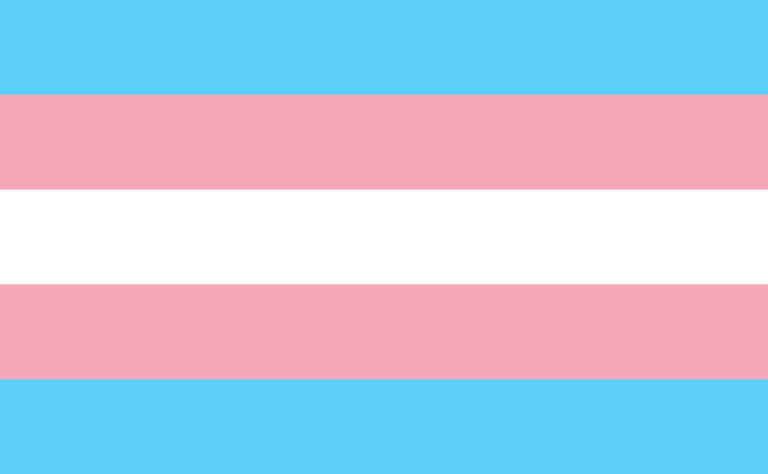CLCs are independently operated not-for-profit, community-based organisations that provide legal services to the public, with a primary focus on assisting the disadvantaged in the community.
The National Association of Community Legal Centres (NACLC) is the peak national body for CLCs in Australia. The members of NACLC are the associations that exist in each state and territory in Australia, with each of these associations representing every CLC operating within their respective state or territory.
In Western Australia, the Community Legal WA is the peak organisation representing the 32 CLCs operating in Western Australia which provide free or low cost legal help to the community.
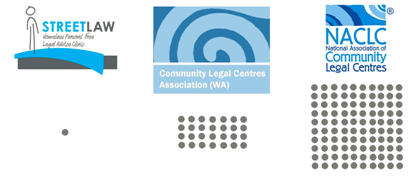
Services
There are around 200 CLC’s across Australia, and each play a fundamental role in achieving social justice for those who are most disadvantaged.
The clients of CLC’s are those who face economic, social or cultural disadvantage, and are often experiencing multiple inter-related problems. Frequently, their legal issues will have significant impact on them and their family.
Some CLCs offer specialist legal services in specific areas of law, while others provide a legal service to specific client groups.
While providing legal services to individuals, CLC’s also work beyond the individual. This work seeks to strengthen and empower the community through initiatives relating to community development, community legal education, and capacity building and law and policy reform projects. These initiatives are based on people’s needs, are preventative in outcome, and strengthen and empower the community they serve.
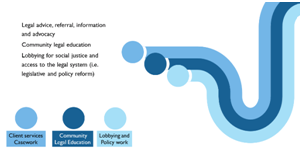 The streams of service that CLC’s offer are –
The streams of service that CLC’s offer are –
- Legal advice;
- Referral, information and advocacy;
- Community legal education; and
- Lobbying for social justice and access to the legal system (including legislative and policy reform).
Funding
CLC’s struggle to get the funding they need to continue. Even at current levels, there is a significant level of unmet legal needs.
Notwithstanding the diverse range of CLC’s, there are still gaps in service delivery. In the 2015/2016 financial year, CLC’s nationally turned away around nearly 170,000 people, due to a lack of resources.
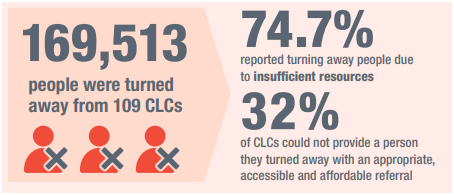
Some centres receive very little or no funding, and are largely or entirely staffed by volunteers. All other centres receive funds from a variety of sources including State and Federal governments, and philanthropic organisations. The sector additionally harnesses the energy and expertise of thousands of volunteers across the country.
Centres are committed to collaborating and working in partnership wherever possible, with the government, Legal Aid and/or other publicly funded legal assistance service providers, pro bono contributors, the private legal profession, community services agencies and other community partners to ensure the best outcomes for their clients and prevent social exclusion.


